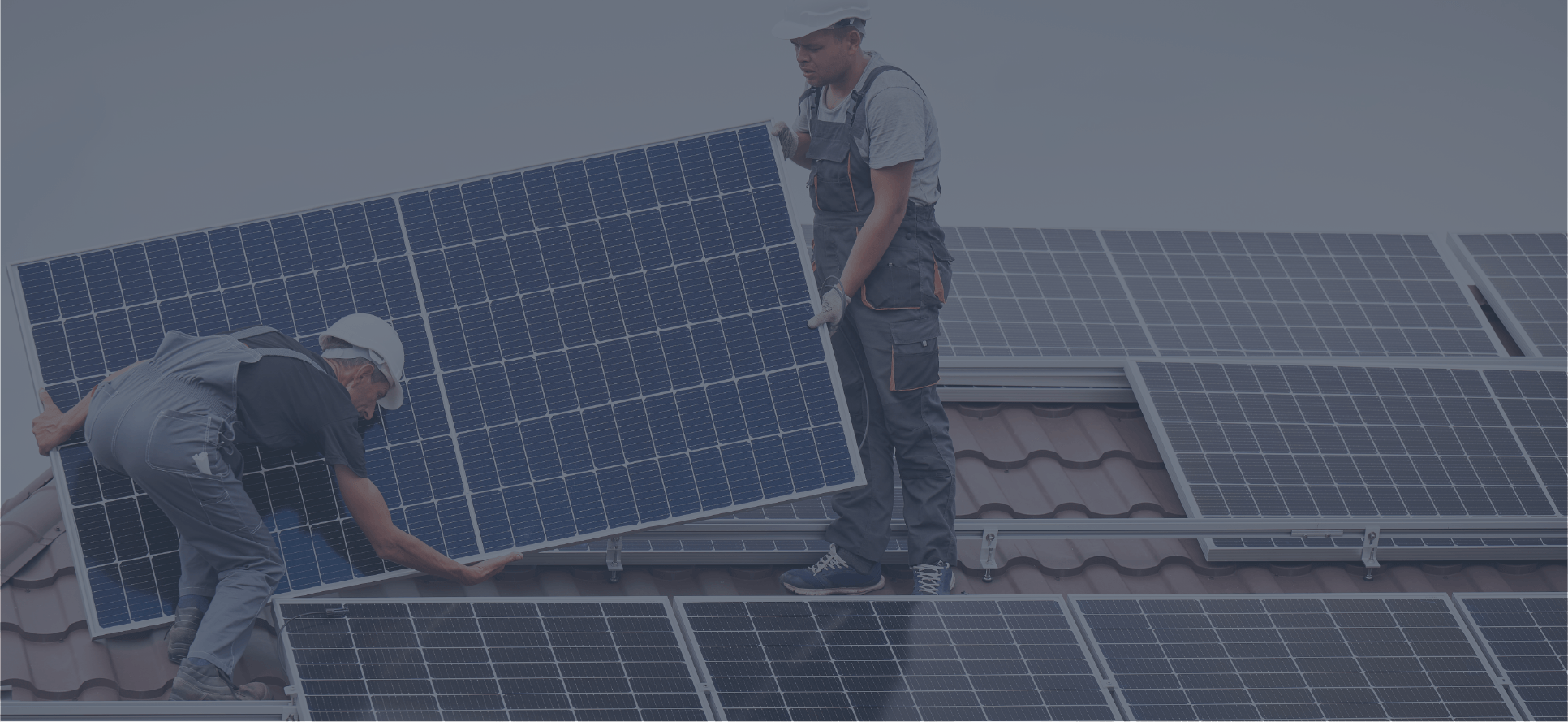Many people think that solar panels only work when it’s sunny, but that isn’t the case. Although they perform better with more sunlight, solar panels will still function during the daytime hours. This means that even if it’s cloudy or overcast, solar panels can still generate energy. Sunny days just provide an opportunity for greater energy production.
How do solar panels work?
Solar panels work by converting energy from the sun into electricity. Solar cells make up a solar panel and are made of semi-conductive materials such as silicon and phosphorus alloys. When light strikes the silicon atoms in these materials, electrons are freed, which then form an electric current that can be used as electricity.
The amount of electricity produced from solar panels depends on several factors, including the panel’s orientation to the sun (angle), weather conditions (e.g. cloud cover) and the size of the panel array. Generally, efficiency increases when more sunlight is available and when panels are oriented at angles closer to perpendicular to direct sunlight (optimally facing south in regions north of the equator).
So Are they effective in the winter?
Yes, solar panels do work in the winter. However, they may not be as efficient since there are fewer daylight hours and potentially more cloud cover during the winter months.
For optimal efficiency, during winter months, it’s important to use larger arrays with higher quality light-capturing materials (i.e., with better spectral response) than what you would need for summer months. Additionally, if there is excessive snowfall or overcast days, it can further reduce efficiency.
Overall though, solar panels can still provide a significant amount of electricity during winter due to their ability to capture energy even on cloudy days and lower angles of sun exposure throughout the day.
Solar panels can work throughout the year, even during low-light periods. They harvest sunlight, not the sun’s heat. This means that even if the sun isn’t blazing, natural light can still be used to generate electricity. As long as there is some illumination – moonlight, for example – solar panels will be able to harvest energy for your home.
What Factors affect how well solar panels work in the winter
Several factors affect how well solar panels work in the wintertime. These include:
- Temperature – Cold temperatures can reduce the efficiency of solar panels; when temperatures go below freezing, they can decrease performance significantly.
- Sunlight – Less sunshine during winter means fewer hours for optimum efficiency from your solar panels.
- Snow and ice – Excessive snowfall or accumulation of snow or ice on solar panel surfaces can reduce efficiency. In addition, the reflection of sunlight off snow or ice can create glare, reducing efficiencies.
- Orientation – The angle at which your solar panel array is facing impacts its performance in winter months; it needs to be angled towards the South (in the northern hemisphere) for optimum efficiency during short daylight hours. This orientation allows for better capturing of low-angle light from sunrise and sunset when direct sunlight is more limited during winter.
- Quality – High-quality solar cells with improved spectral response capabilities are best for capturing available light on days when there is less sunshine due to cloudy skies or shorter days.
- Maintenance – Solar panels need to be routinely cleaned and maintained for optimal efficiency; this includes removing snow or ice from the solar panel array so that sunlight is not blocked from being absorbed.
- Balance of system components (BOS) – BOS components such as inverters, charge controllers, wiring and batteries should also be regularly checked and maintained to ensure optimum performance during winter months.
In conclusion, solar panels can still produce significant electricity in the winter months if they are set up correctly with the right quality materials and maintenance practices in place. The key is ensuring your solar panel array is properly oriented towards direct sunlight when available and all BOS components are functioning correctly. Additionally, having high-quality solar cells with improved spectral response capabilities can help capture available light on cloudy days or when direct sunlight is limited. With the right set-up, your home’s solar energy system will be able to work year-round and save you money on energy costs.







